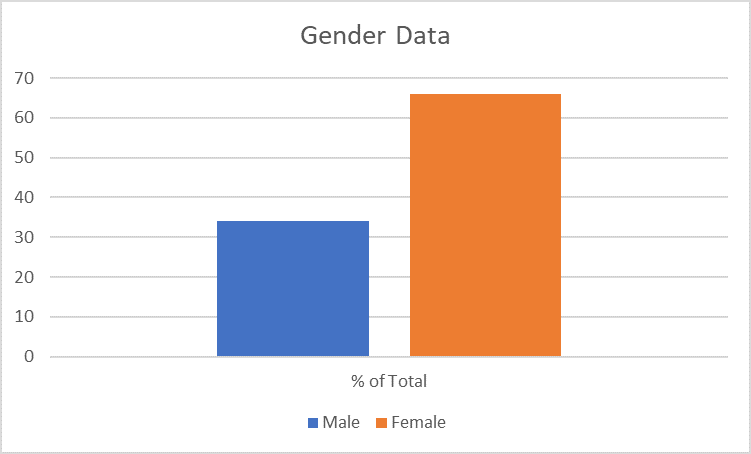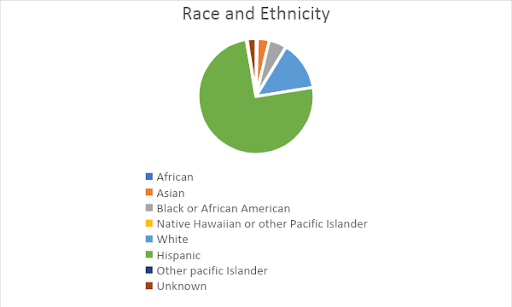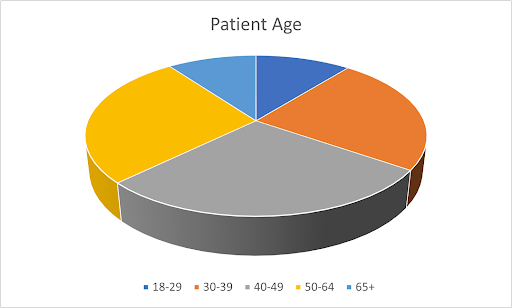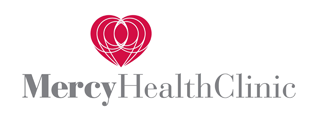It is estimated there are more than 55,000 low-income, uninsured residents in Montgomery County. Mercy, one of 10 county health clinics, serves more than 2,450 of these residents annually with more than 7,000 office visits and/or free medication pick up visits. All of our patients have a household income at or below 250% of the federal poverty line. Many face health disparities due to their low-income and struggle with obesity and chronic health conditions at a higher rate than the average population. Approximately 66% are obese and 35% manage a chronic condition such as diabetes and hypertension.
This year, donors like you helped Mercy provide:
- Comprehensive healthcare for 2,150 adult patients including nearly 7,500 office visits, free medication pick-ups and flu shots
- an adolescent medicine program which now offers healthcare for 300 youth ages 13 – 17
- support for a 5th local school in our partnership with school-based health and wellness centers
- distribution of $1.6 million in donated pharmaceuticals, and
- Over 1,600 cancer screenings
Our patients primarily work in service and contracting jobs, with no health insurance and no paid leave. They do not have income if they do not work and are among the hardest impacted by the pandemic experiencing high rates of community spread of the virus. Recognizing that poverty has a substantial impact as one of the social determinants of health, we have expanded our partnerships to better coordinate access to other necessary social supports such as healthy food and to other nonprofit programs that provide legal help, rental assistance and early childhood education programs.







